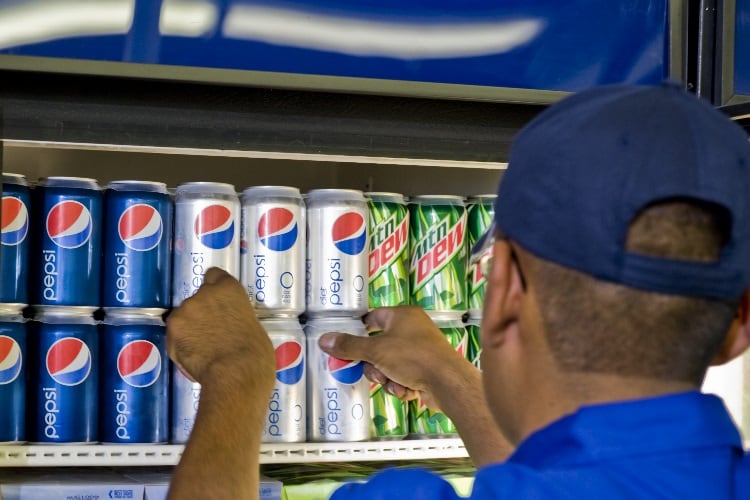EverSweet is a part of Cargill’s ‘Specialty Sweeteners’ line that features alternative sweeteners like stevia, trehalose and erythritol. They are popular for use in low-calorie or zero-calorie beverages that want to replace traditional sugar.

Andy Ohmes, global product line manager at Cargill, told BeverageDaily “When stevia first came on the market in the US people were really excited, it filled a whitespace between full-caloric natural and non-caloric artificial.”
But he thinks the initial formulations were not very good, and that health-conscious companies went overboard trying to incorporate it into their drinks. (Sparkling beverage Petal even went so far as to remove it from its original recipe because customers found the taste too ‘polarizing.’)
Most stevia ingredients are based from Reb A, the most abundant glycoside in the leaf that can turn bitter when using it in high volumes, according to Ohmes. Cargill first partnered with Evolva to develop the fermentation technology needed to extract Reb M and Reb D.
These sweeter-tasting compounds make up less than 1% of the stevia leaf, and are much more difficult and expensive to use. Now Cargill is scaling up its fermentation efforts with Royal DSM in the ‘Avansya’ project, with plans to market all additional products under the EverSweet brand.
“People want to avoid calories and sugar, but they also don’t necessarily want the current options that are out there in artificial,” Ohmes said.
Rebuilding the full sugar experience
Cargill says that EverSweet can provide up to 100% sugar reduction in a typical carbonated drink, while its ViaTech stevia ingredient can only reach 70% and basic stevia leaf extract can only reach 30%.
According to Cargill, “Producing EverSweet sweetener via fermentation will use significantly less land and emit significantly less CO2 than producing it via leaf.”
Because alternative sweeteners are no longer a niche market in the US, Cargill says it’s always looking for opportunities in the natural space to expand its sweetener portfolio. Ohmes explained that Cargill works with its customers to help reconstruct the right taste and mouthfeel that may be lost without sugar.
“When you do sugar reduction, it’s more than just the sweetener. It’s really, how do you build back that full sugar experience, but at reduced calories?” he said.
Ohmes expects this evolution of stevia into a more palatable ingredient to continue, especially within the carbonated beverage space. But he also predicts it will expand to use in alcohol, driven by consumer demand for transparent labeling as well as the popularity of hard seltzers.
Alternative sweeteners will always ‘have a home’ with beverages, according to Ohmes, but EverSweet can also be used in dairy, cereal and snack bar products.
“I think the growth of stevia looks bright, and EverSweet really helps drive that quite a bit,” he said.




